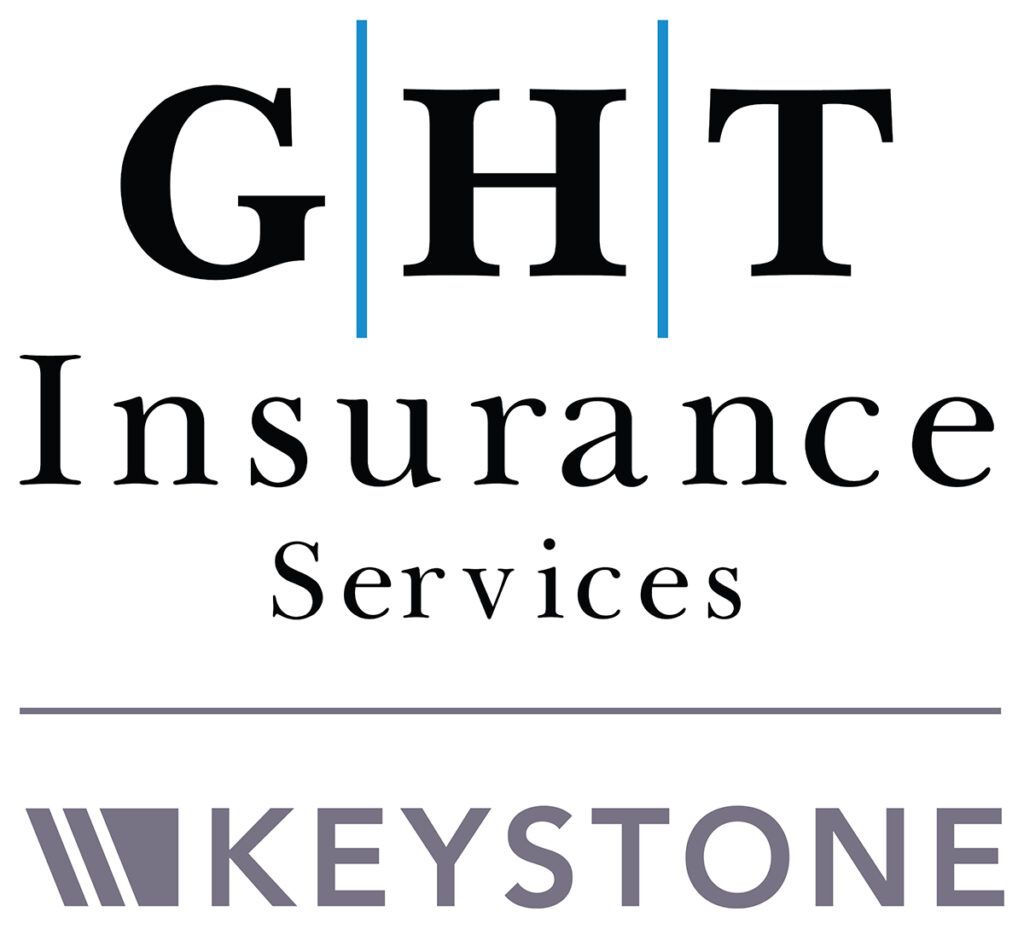Read more insights
Our Blog
Navigating Medicare AEP: What You Need to Know for 2024
As the leaves begin to change and the holiday season approaches, there’s another significant period on the horizon that’s crucial for those eligible for Medicare: the Annual Election Period (AEP)....
Read more
The Growing Importance of Cyber Insurance in a Digital World
In today's increasingly digital world, businesses of all sizes are vulnerable to cyber threats. From data breaches to ransomware attacks, the risks are growing, and the consequences can be severe....
Read more
Preparing for Hurricane Season: Protecting Your Property and Peace of Mind
When hurricane season approaches, the potential for severe weather and its devastating effects on homes and businesses becomes a significant concern. In recent years, hurricanes have caused...
Read more



